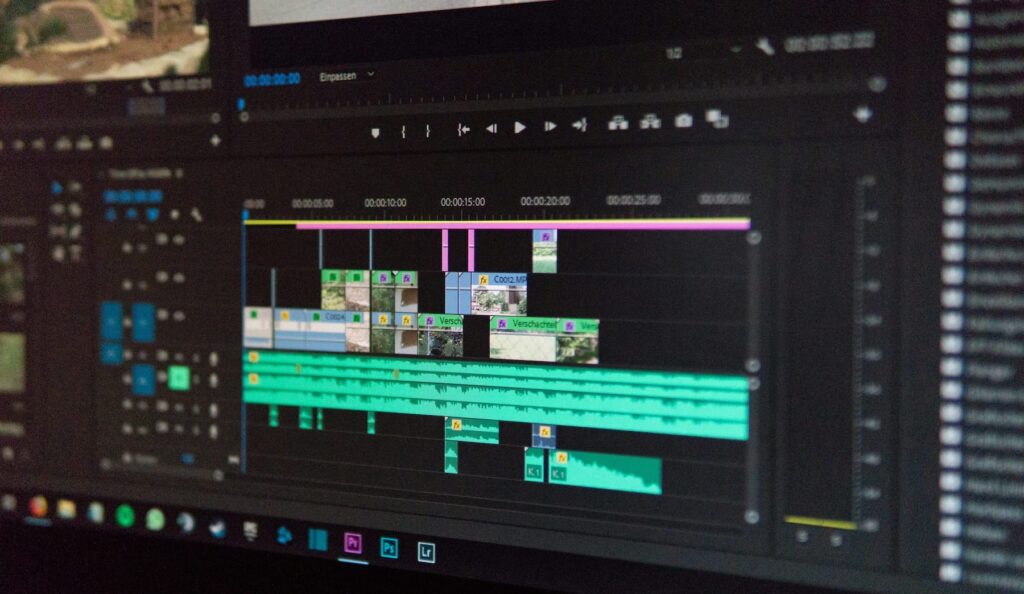In an era increasingly defined by closed platforms, subscription walls, and invasive data practices, a new open-source project is making waves in the world of video editing: OpenCut — a privacy-respecting, cross-platform video editor aiming to become a true, ethical alternative to CapCut.
While CapCut continues to dominate the short-form video editing space with a feature-rich and beginner-friendly interface, it has also raised concerns over growing paywalls and reliance on cloud infrastructure. OpenCut takes a radically different approach: a free, open-source platform that runs locally on web, desktop, and mobile, offering full editing power without sacrificing user control.
Privacy Comes First
At the heart of OpenCut is a clear and simple promise: your videos stay on your device.
Unlike many commercial tools that upload video content to third-party servers, OpenCut processes everything locally. The developers are explicit about this principle — the app is built to respect user privacy from the ground up. Even the analytics system, powered by Databuddy, is 100% anonymized and non-invasive.
In a world where every click is often tracked and monetized, OpenCut gives creators a breath of fresh air: an environment where they can edit freely, without surrendering their data.
Full-Featured, Without Paywalls
CapCut has been praised for democratizing video editing. But as more core features get locked behind premium plans, many users have begun searching for alternatives. OpenCut steps in with an impressive feature set, all available for free:
- Timeline-based video editing
- Multi-track support for video, audio, and effects
- Real-time preview with smooth rendering
- No watermarks, no subscriptions, no hidden fees
- Seamless experience across platforms
The app’s interface is minimalist and intuitive, reflecting a clear design philosophy: simplicity should never come at the expense of capability.
Built for Developers and the Community
OpenCut is not backed by a corporation — it’s driven by a community of developers and privacy advocates committed to open-source ideals. Built using modern technologies like Next.js, Zustand for state management, and Bun for dependency handling, the project is designed for scalability and ease of contribution.
The repository is open on GitHub under the permissive MIT License, and the core team actively encourages contributions. With over 390 commits already and regular updates, OpenCut has quickly grown into one of the most promising free video editing platforms of 2025.
Developers will appreciate the clean monorepo structure, which includes:
apps/web/– The main Next.js applicationsrc/components/– Modular UI componentssrc/hooks/– Custom React hookssrc/lib/– API and utility logicsrc/stores/– App-wide state managementsrc/types/– TypeScript definitions
Easy Setup, Full Control
Setting up OpenCut is surprisingly straightforward. With Docker Compose, you can spin up the PostgreSQL and Redis backend with a single command. For the frontend, Bun or npm can be used to install dependencies and start the development server locally.
The entire development environment is documented in detail, making it accessible to both seasoned programmers and curious newcomers. For contributors, a dedicated CONTRIBUTING.md guide provides a step-by-step walkthrough to get started.
A New Era for Ethical Editing?
What makes OpenCut more than just a CapCut clone is its mission: to empower users with a tool that is as ethical as it is functional. In an ecosystem where most creative software is increasingly becoming pay-to-play, OpenCut is proof that free doesn’t have to mean limited, and open doesn’t have to mean outdated.
While it may not yet rival Adobe Premiere Pro or DaVinci Resolve in terms of professional-grade features, OpenCut is already proving invaluable for content creators, educators, students, and developers who need a reliable editor without commercial strings attached.
Beyond Editing: A Model for the Future
More than a tool, OpenCut represents a growing movement toward reclaiming digital autonomy. Just as GIMP became the free alternative to Photoshop and Audacity to Pro Tools, OpenCut is carving its place in the open-source hall of fame for video creation.
Its emergence coincides with growing public awareness around digital privacy and the hidden costs of “free” services. As browser-based tools become the norm and AI-powered platforms demand more data, OpenCut offers a powerful reminder that control still matters — and that it’s possible to build tech that serves users, not business models.

